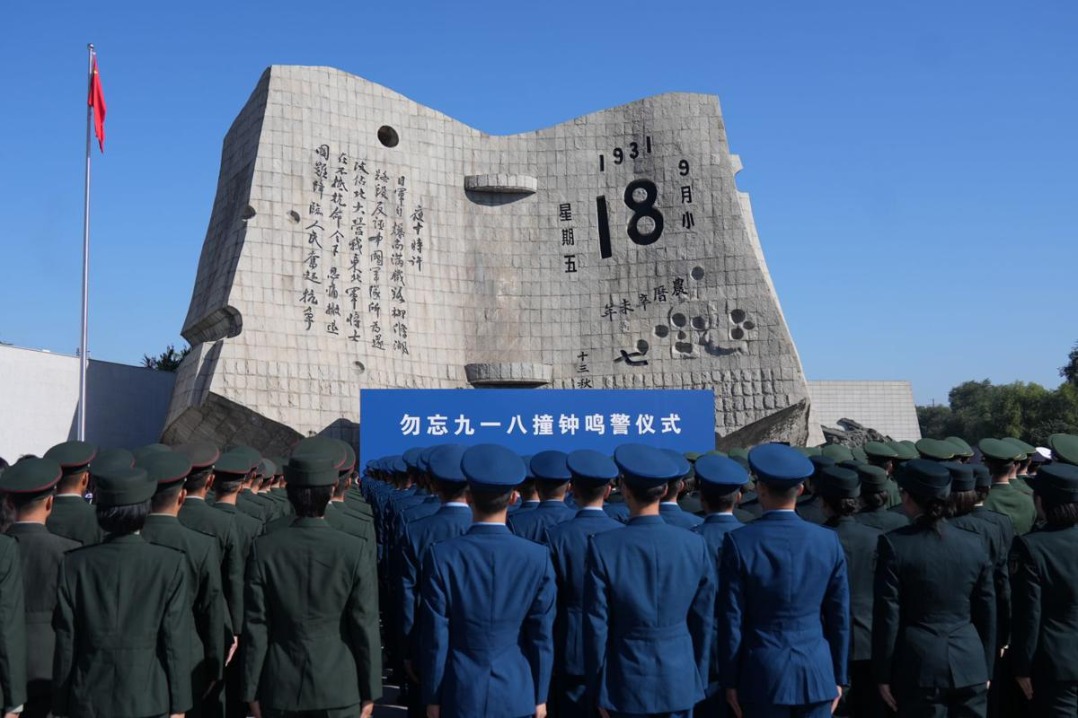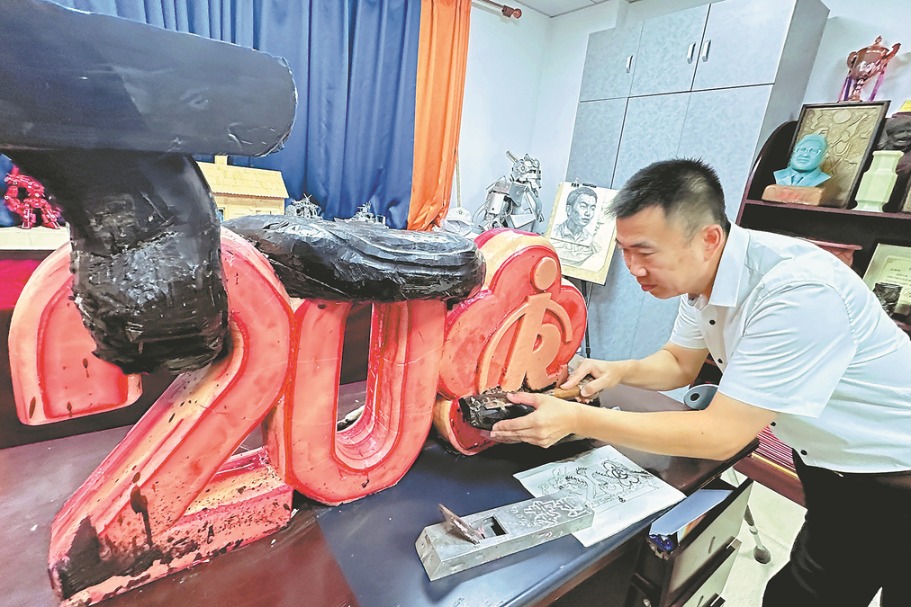More efforts urged to combat online fraud

China hopes that more countries will join its trilateral efforts with Myanmar and Thailand to tackle telecom and online fraud, which poses "a global threat", a senior official said on Thursday.
Liu Zhongyi, assistant minister of public security, made the remarks at a subforum on combating transnational crimes, which was held in Lianyungang, Jiangsu province, as part of the Global Public Security Cooperation Forum.
Liu invited international organizations, such as the Interpol and the United Nations Office on Drugs and Crime, to participate in the efforts as observers, expressing hope for bilateral and multilateral cooperation within the framework of an international alliance against telecom and online fraud.
On Wednesday, at the opening ceremony of the forum, China proposed the establishment of an international alliance to formulate new measures to crack down on telecom and online fraud. Noting that such crimes are becoming more rampant in both developed and developing countries, Liu urged the international community to come up with a joint response as soon as possible.
In recent years, China, Myanmar and Thailand have stepped up joint operations, dismantling telecom fraud dens and apprehending a large number of suspects, including members of several major crime syndicates based in Kokang, northern Myanmar.
The three countries held the second ministerial-level meeting on combating telecom and online fraud in July in Nay Pyi Daw, the capital of Myanmar, where they agreed to continue cooperating to crack down on fraud crime in Myawaddy, a border town between Myanmar and Thailand. The first meeting was held in February in Bangkok, the capital of Thailand.
Speaking at Thursday's subforum, Kyaw Zaya, head of the Division Against Transnational Crime of the Myanmar Police Force Headquarters, shed light on the trilateral efforts and the outcomes they have yielded. In addition to joint cooperation, "greater public awareness, stronger cybersecurity measures and more robust responses from financial institutions" are needed to tackle fraud, he said.
Jousaming Keomalavong, an official from the Technical Criminal Investigation Department of the Ministry of Public Security of Laos, said the rise of cryptocurrency has facilitated cross-border money laundering, "making it increasingly difficult for traditional banking systems to trace illicit financial flows".
The official called for improved intelligence sharing among countries to crack down on transnational criminal networks.
"No single country can effectively address this threat alone," he said.
China's cooperation with other parties to crack down on transnational telecom and online fraud has made progress in recent years.
Since last year, China has conducted joint operations with the law enforcement departments of multiple countries, taking back 68,000 suspects from overseas, Liu said.
- Special program marks science month debut
- HKSAR photo exhibition showcases China, Russia WWII cooperation
- Wingsuit Flying World Championship kicks off at Zhangjiajie Tianmen Mountain
- China's defense chief warns against revived hegemonism
- Experts urge global cooperation on security tech and AI governance
- Ningxia aims to become national digital economy hub





































